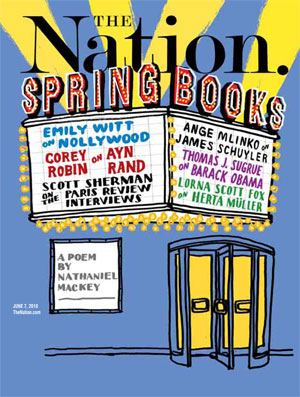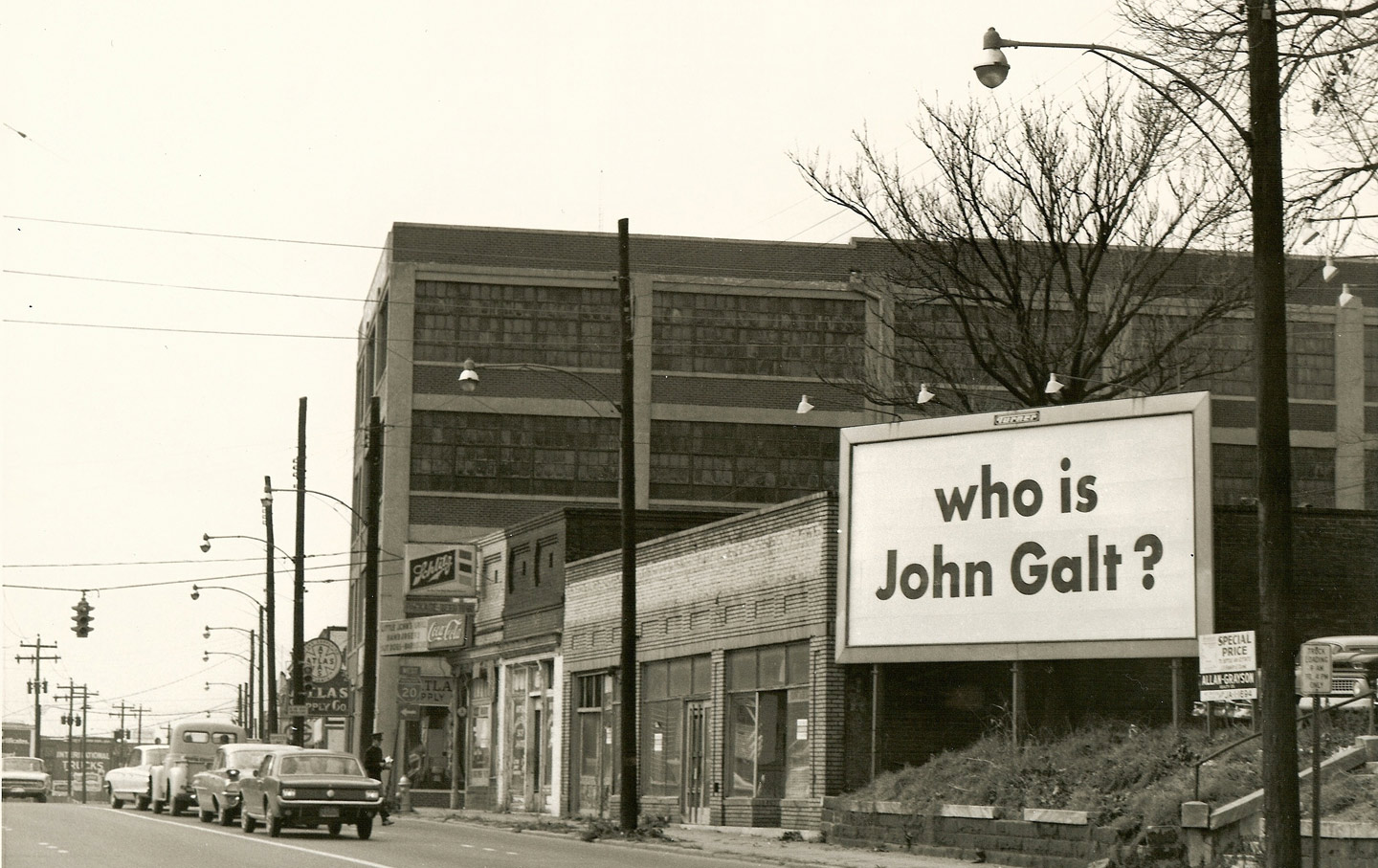Shill, Baby, Shill
Clinton, Ohio
I suspect the irony was not lost on your readers: the cover of the May 10 issue is dripping with oil and headlined with words such as "Oil" and "Corruption." A full-page ad on the back cover shows BP ("beyond petroleum"), posturing as "green," as its oil gushes into the Gulf of Mexico at a record rate.
ERICA GREER
Mt. Tabor, N.J.
Can we not consider that running a full back-cover ad from BP is a conflict of your interests and ours? Isn't killing eleven workers and the unprecedented environmental disaster in the Gulf of Mexico reason enough to yank BP's claim of "opening new offshore areas to oil and gas production"? And shame on you for permitting this unscrupulous corporate giant to hide under a green sunflower.
MICHAEL SPECTOR,chair
Green Party of New Jersey
The Editors Reply
We appreciate those who have taken the time to write us about the BP ad. As Nation readers, you are no doubt aware that small journals of opinion like ours are struggling financially. But even when times were better, censoring ads was never in keeping with our advertising policy (see TheNation.com/node/33589), which states: "We accept [advertising] not to further the views of The Nation but to help pay the costs of publishing."
Indeed, we often run ads whose values do not match those of our editors or our readers. Our advertisers have included Fox News, the White House Office of National Drug Control Policy, the Department of Homeland Security and others. Our publication of the BP ad in no way reflects an endorsement of its content. Running these ads does not inhibit us from publishing articles highly critical of corporate-owned mainstream media, unjust and ineffective drug policies, the Patriot Act—or oil companies. In fact, as readers have pointed out, Johann Hari's hard-hitting critique of the corrupting influence of oil-industry cash on mainstream environmental groups in "The Wrong Kind of Green" [March 22] appeared in the same issue as another BP ad. As longtime readers are aware, a wall between advertising and editorial content has always been a key part of The Nation's tradition of independence—which advertising, regardless of its subject, helps to keep alive. —The Editors
Nil, Baby, Nil
Blacksburg, Va.
Re Jerry A. Coyne's "The Improbability Pump" [May 10]: the germ theory of disease is widely accepted, not only because it is true but because it is rather simple and good for people. The situation is different with the theory of evolution. It is complex, and most people don't have a clear understanding of it. But they are smart enough to know that it robs their lives of meaning—I am no more important than a flea or a tapeworm. Dostoyevsky understood this when he preferred Christianity (although not necessarily true) to nihilism—if there is no God, everything is permitted. If evolution had been accepted centuries ago, would we now have something better than what remains of Christendom and Western civilization?
GORDON CARTER
Alexandria, Va.
There have been advances in physics since Darwin's time, including the concept of block time and the many-worlds interpretation of quantum physics. Time is an illusion, and everything that can possibly exist does and always has. We never even built anything. We found the absurdly improbable universe in which the desired objects always existed. Infinite parallel universes explain the absurd improbability of life better than natural selection.
MARK SCOTT OLLER Read More
Our Readers





